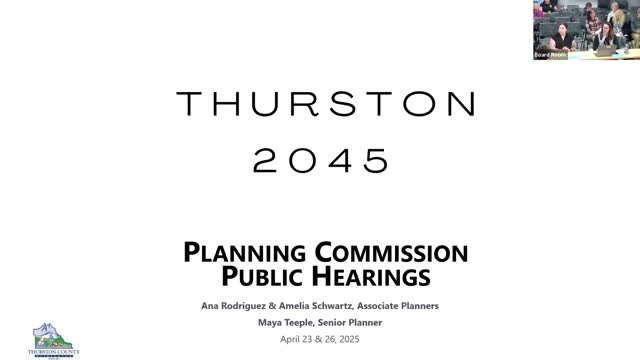Article not found
This article is no longer available. But don't worry—we've gathered other articles that discuss the same topic.
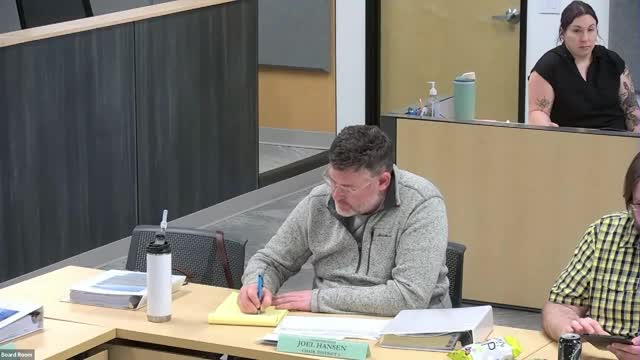
Conservation groups press Thurston County to adopt climate mitigation, wildlife corridors and stronger aquaculture protections
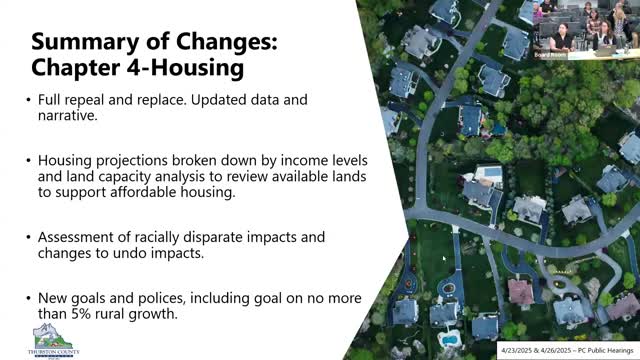
Public comments probe housing changes in Thurston 2045; Grand Mound, ADUs and transit‑adjacent rural housing debated
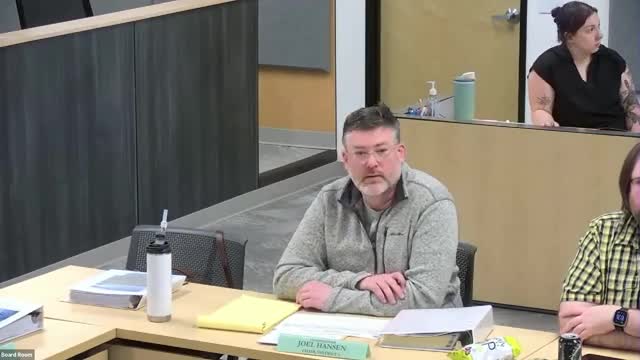
Landowners contest proposed mineral resource designation near Lake St. Clair
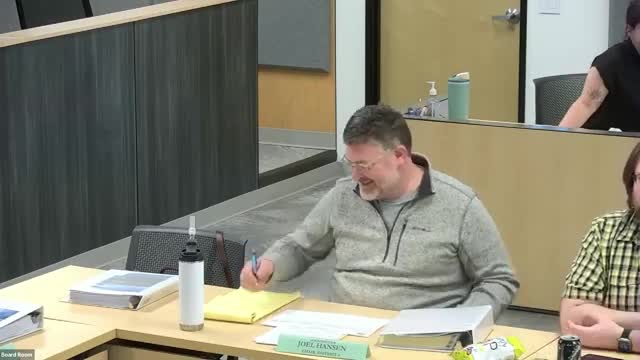
Speakers urge Thurston County to prioritize aquifer recharge and soil‑moisture protections in comp plan update
